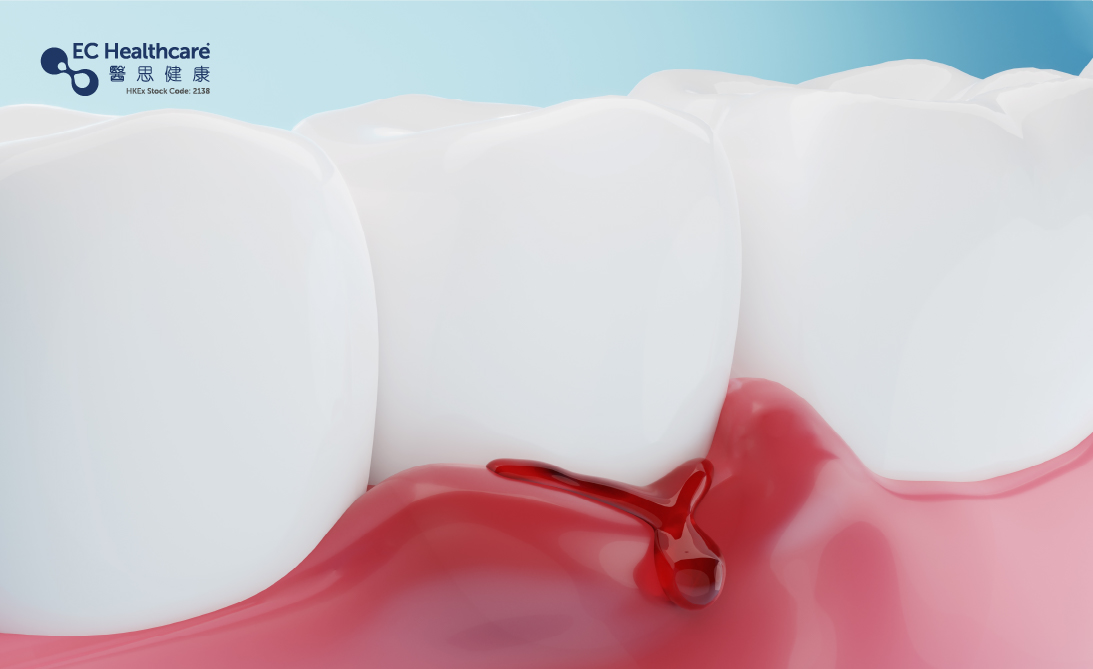Bleeding during Teeth Scaling? It's all about the Tartar!


"Should I still get my teeth cleaned if it bleeds?" Many people hesitate when it comes to dental scaling because of the bleeding they experience. However, if bleeding occurs during scaling, it's even more crucial to have regular cleanings. Otherwise, there's a chance it could worsen the risk of periodontal disease!

Why does Scaling cause Bleeding?
We use our teeth every day to eat, and food residues and bacteria can form a sticky film called dental plaque on the surface of our teeth. The bacteria in dental plaque produce acidic byproducts that erode tooth enamel and cause tooth decay. If dental plaque is not properly cleaned over time, it can harden and mineralize, forming deposits known as tartar or dental calculus. Tartar can accumulate on the surface of teeth, along the gumline, and in between teeth, attracting bacteria and pigments, leading to bad breath, gingivitis, periodontal disease, and even tooth loss.
Scaling can effectively remove dental plaque, tartar, and discoloration from the tooth surface and around the gums. It is a protective method that helps reduce the risk of inflammation and periodontal diseases, maintaining healthy periodontal tissues, and preventing the occurrence or recurrence of tooth decay and periodontal diseases. Some people also opt for scaling to improve the appearance of their teeth and address bad breath issues.
Excluding issues related to poor dental technique, mild bleeding during the scaling process is a normal occurrence and reflects the health of the gums. Generally, during scaling, the use of ultrasonic instruments helps remove tartar around the gums, exposing the gum tissue to air, which may cause minor ruptures in tiny blood vessels. If there is a significant buildup of tartar, gum inflammation, or severe periodontal issues, the risk of bleeding may be slightly increased. However, there is no need to overly worry, as the bleeding typically subsides within 1 to 2 days.
Does Scaling cause Tooth Sensitivity and Gaps between Teeth?
Additionally, some individuals may experience tooth sensitivity and a feeling of looseness in their teeth after scaling. This is often due to pre-existing periodontal inflammation or gum disease. Regarding the issue of increased gaps between teeth or tooth looseness after scaling, it occurs because the tooth surfaces and spaces between teeth were previously filled with tartar and debris, which are thoroughly removed during scaling. As the tartar is washed away and gum swelling subsides, one may perceive larger gaps between teeth and a slight looseness. However, these conditions are temporary and will improve as the gums gradually heal.
Related Brands



